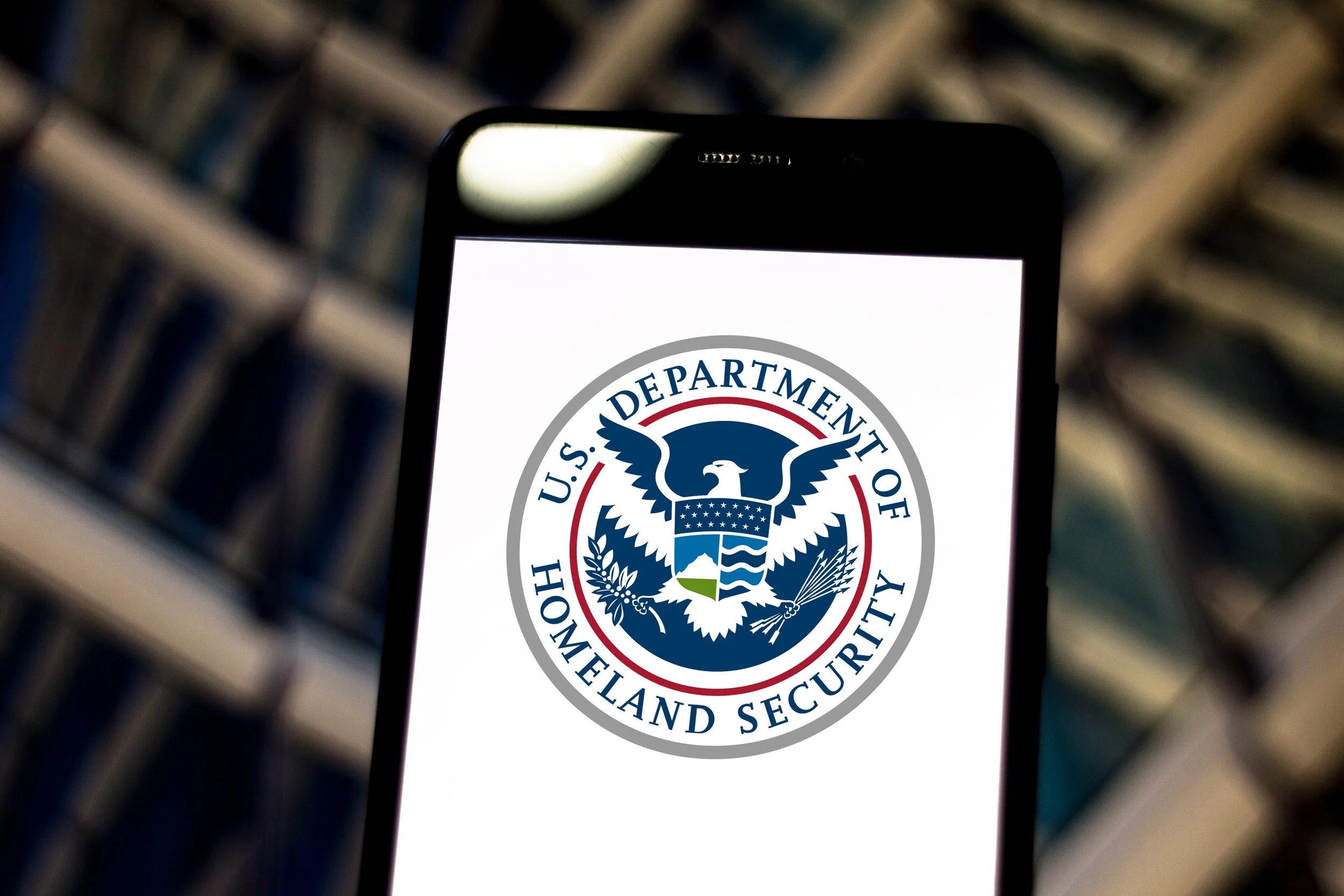DHS Not Properly Vetting Foreign Nationals: Watchdog
The Department of Homeland Security (DHS) is not properly vetting foreign nationals and asylum seekers when they seek entry into the United States, according to its watchdog.
That from a new report from the DHS Inspector General, which found that unless changes are made, “DHS will remain at risk of admitting dangerous persons into the country or enabling asylum seekers who may pose significant threats to public safety and national security to continue to reside in the United States.”
It's a key issue, as the report noted that 363 million people including U.S. citizens, lawful permanent residents, and noncitizens, sought entry into the United States in fiscal year (FY) 2023.
CBP Tech, Procedures Questioned
The report applauded U.S. Customs and Border Protection (CBP) for deploying new screening technologies.
However, it found that CBP “could not access all Federal data necessary to enable complete screening and vetting of noncitizens seeking admission into the United States.”
That includes a lack of access to the Department of Defense’s ABIS database, which stores data from enemy combatants, detainees, and criminals.
The report also chided CBP for using inconsistent inspection procedures at land borders.
For instance, the report found that at some ports of entry, CBP officers were only screening the driver of the car, not all occupants. The report found that some officers felt “pressured by management to release vehicles into the country without querying all occupants, even if the officer believed all persons should be queried before admitting vehicle occupants into the country.”
CBP was also faulted for not using facial recognition technology in vehicle lanes.
USCIS
The watchdog also reviewed U.S. Citizenship and Immigration Services (USCIS), which is responsible for processing and adjudicating asylum applications from asylum seekers already in the U.S. and not in removal proceedings.
The report faulted USCIS for not always completing timely screenings of the more than 400,000 asylum applicants who filed for asylum between October 2017 and March 2023.
Over half, 54 percent, of cases were not adjudicated in that time frame. In fact, some of the cases took five years to complete.
In addition, the watchdog noted that USCIS does not have a procedure to rescreen asylum applicants, as they wait for a decision.
“This means that, in the interim years, USCIS did not continuously screen applicants to identify persons who committed crimes or should otherwise have been considered a potential threat while residing in the United States without permanent legal status,” the report found.
The inspector general made five recommendations to DHS, which DHS concurred.


